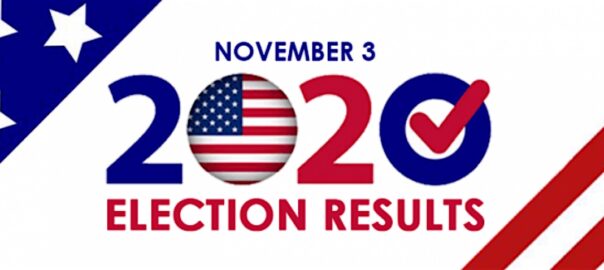
As the Biden presidency and a Democratic-led Congress assumes power, it is right that we reflect on not only the new policies, but the deeper issues affecting Christian believers in the USA. The awfulness and immorality of the violent protests of January 6, 2021 forever stained what little legacy the Trump Administration may have had. There was some progress on important issues in the past four years, especially economic policies, pro-life initiatives, diplomatic successes in the Middle East, and some first steps in ending mass incarceration. At present, these forward steps are lost in the political and public reactions.
In the next six to twelve months, thoughtful Christians that voted for a Biden Presidency will be encouraged by the new tone and a few of the policy changes, especially climate change, immigration, and perhaps pandemic policies. But many of these voters will discover that voting against the previous administration or taking a “Never Trump” posture will backfire as more radical policies and continued polarization afflict our nation. The hostility of the new administration toward traditional morality, abortion, affordable energy, and people of religious faith will take its toll on many.
Here is the good news: these deep disappointments with political leaders, parties, and ideologies are a divine opportunity for Christians to engage the public square in wiser, more effective ways. For almost fifty years, there has been a split between conservative and progressive factions of Christianity, with both groups believing that the Gospel and Scripture support their perspectives. The divides have grown greater over time and the anger between the two groups is palpable: “You cannot be a Christian and vote for _____ [fill in Democrat or Republican; Biden or Trump, etc.]!” Conservatives focus on abortion, marriage, individual responsibility, and respect for America’s heritage of freedom. Progressives advocate systemic changes for gender and racial equity, compassion for the poor, and expose the serious injustices of our history. How can these groups do more than tolerate each other? Where is the common ground? (I am speaking of serious followers of Christianity that believe in the Cross and Resurrection of Jesus, the inspiration of the Bible, and importance of the local church, not folks that deny cardinal doctrines or want to “remake” Christianity.)
There are four keys that can unlock a new unity among believers, with enormous impact for the common good of society:
- First, all Christians must recognize that “ideology is the enemy of theology” (Donald Bloesch) and carefully examine whether they are cherry-picking their favorite Bible passages to fit their political beliefs.
- Second, all Christians and church communities must stay engaged in the political arena with prophetic distance (encouraging and critiquing both friends and opponents) without capitulating to the lust for power.
- Third, churches and Christians from all traditions can unite for the common good, affirming the integration of spiritual and social vitality, compassion for the vulnerable, ethical free enterprise, support for families, and peacemaking, one zip code at a time.
- Fourth, Christians want for all neighbors the liberties they desire for themselves. Living peaceably with those that have a different view of the universe is the genius of a free and virtuous society. One can desire the conversion of a friend while working together for the community. Our faith was born in the midst of pluralistic empires, and it thrives when its institutions are not coercive, but persuasive.
We can begin a new chapter of unity without uniformity, of community with a conscience, and a Table where very different people are welcome. Our nation needs voices free of rancor and filled with wisdom.


